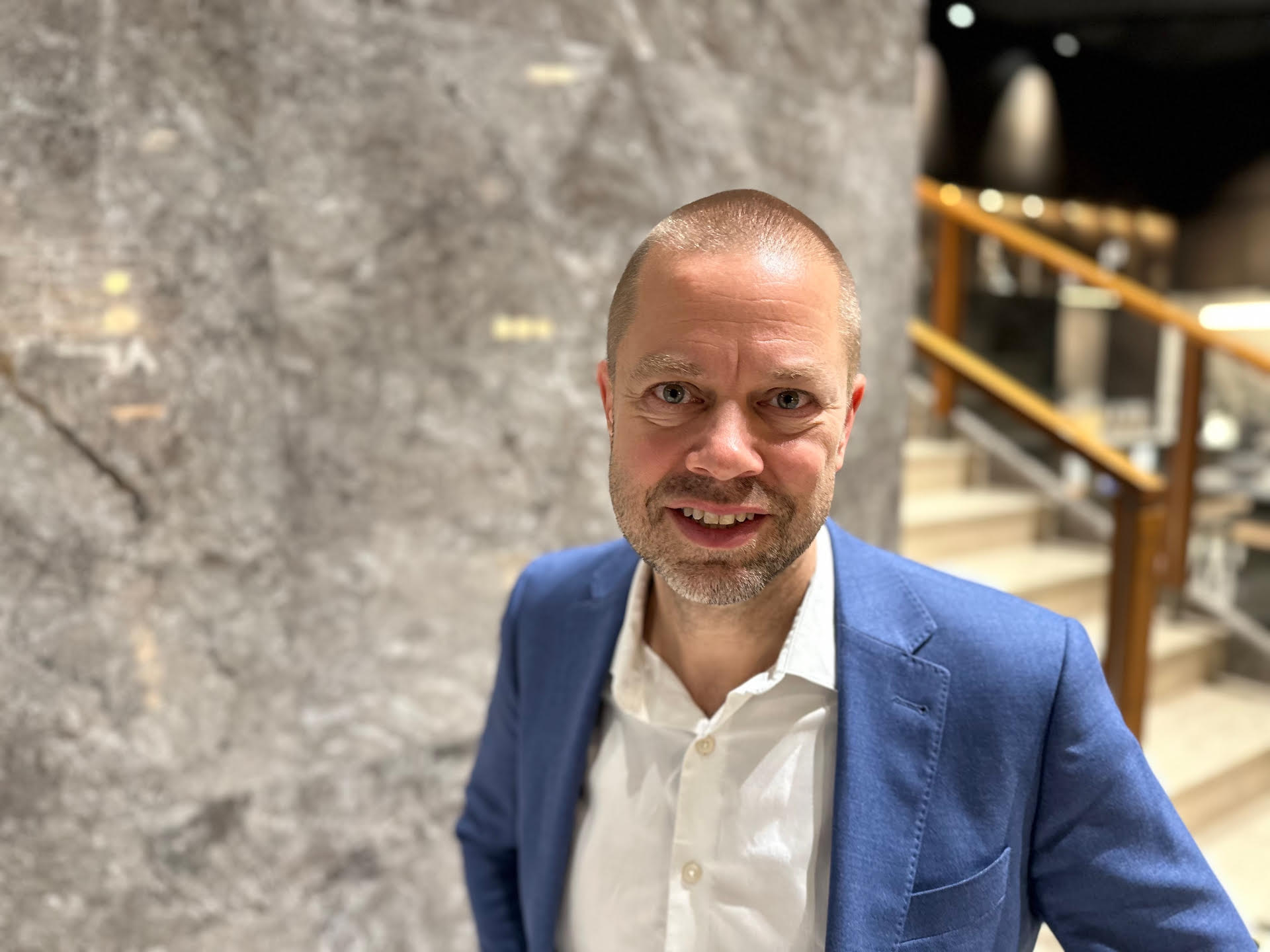Few people in the Nordics have matched talent to ambition across as many tech waves as Jonas Axelsson, the Stockholm recruiter/operator/angel whose career spans Spotify’s hypergrowth and today’s AI surge and his thesis is disarmingly simple: teams beat tactics, and diversity beats velocity in the long run. In this edition of Angel Access, Axelsson opens up about hiring truths founders don’t want to hear, the “magic” of perfect matchmaking, and how collaborating with Luminar Ventures portfolio sharpened his conviction that early, handson angels create compounding advantages for companies that scale globally.
What moment convinced you that recruiting was the right path?
“I realized my ‘sweet spot’ was the intersection between recruitment and technology - coaching, hiring, and building teams, not arguing about CPUs and buses,” says Axelsson, who shifted from hardware‑obsessed teams to people and process just as tech recruiting was a blue ocean few wanted to touch. “Losing a top candidate to a tiny music startup called Spotify stung - a year later, I joined, and that pivot still shapes how people ask me about hiring order, sequencing, and what to optimize for”.
Biggest lesson from the Spotify years?
“We had an entire floor of 22‑year‑old guys building a product for themselves - it worked until we went global,” he says, calling the eventual course‑correction both his proudest moment and his biggest failure because it came late. “Sometimes you must ‘ship something different than what the customer asks for’ - founders often want a younger copy of themselves when the company needs complementary strengths and shared values to survive pivots”.
What does a great team actually look like?
“No one wins with 11 Zlatans: elite teams balance sprinters and marathoners, quality gatekeepers and decisive shippers,” says Axelsson. “The unsung stabilizers who show up every day hold systems together, and the hardest part isn’t technical depth - it’s judging potential and shared values under pressure, built on thousands of interviews”.
How is the talent market shifting now?
“Recruiting is a two‑sided marketplace that never fully clears - that’s why matchmakers exist,” Axelsson says. “After a recession with too few openings and lots of talent, Stockholm is heading back to its normal state: many roles chasing too few truly great candidates”.
Operator first, angel second - how do these roles connect?
“I’m an operator who loves the magic of matchmaking - when a hire exists only because the right connector was in the room,” he says. “Angel investing is the same instinct: sometimes I swap recruitment fees for equity to back teams at the pre‑obvious stage, staying close, accountable, and emotionally invested in outcomes”.
What has working with Luminar shown about “being early”?
Walking into Mindler when it was three tables, a manual calendar, and hand‑assigned clinicians - that’s early,” Axelsson says. “Luminar felt entrepreneur‑friendly and hands‑on, closer to how I’d run a VC: fewer bubbles, more builders, and involving operators who create practical leverage from day one”.
What makes you say yes to a pitch?
“Spreadsheets don’t decide - teams do,” he says. “I look for mindset, values, and resilience - will they survive a pivot - and a product I can plausibly use. Saying yes to one thing means saying no to many, so relevance and fit matter more than optics”.
What’s a portfolio surprise that changed your mind?
“Recessions surface failures first, but survivors can compound - some written‑off holdings are now regaining momentum,” he notes. “A quiet standout is Pantit, a five‑person vintage jewelry lender building its own finance and logistics stack, growing on fundamentals while flashier competitors chase listings”.
AI recruiting - hype or inflection?
“It’s an inflection - six recruiters now do the work that took fifteen, with AI absorbing junior tasks so seniors focus on judgment,” he says. “I’m heavily invested in Talendary and see Talent River improving fast, alongside headline‑grabbing Talentium. Stockholm and San Francisco are the current centers of gravity for AI recruiting software”.
You argue for tough love for breakout founders?
“Surround stars with scaffolding, not sycophants - bring in a COO or chief of staff who can say the hard things early,” Axelsson says. “Stockholm needs braver voices: avoiding friction to stay on guest lists slows companies exactly when they must grow up fast”.
When founders get timely guidance on teams and hiring, progress compounds. Axelsson’s experience highlights how operator input can make a difference early on, which is a consistent focus for Luminar’s angel network. This is just the beginning of our Angel Access series, look out for upcoming editions profiling more operators and angels across the ecosystem.
